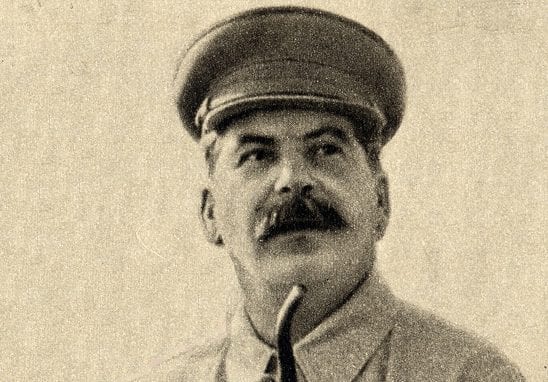Livadia Palace
3:30 PM
PRESENT
| UNITED STATES |
SOVIET UNION |
|
| President Roosevelt |
Marshal Stalin |
|
| Mr. Harriman |
Foreign Commissar Molotov |
|
| Mr. Bohlen |
Mr. Pavlov |
|
Bohlen Minutes
TOP SECRET
Far East: Russian Desires
Following the discussion of certain military questions involved in the Far East, MARSHAL STALIN said that he would like to discuss the political conditions under which the USSR would enter the war against Japan. He said he had already had a conversation on this subject with Ambassador Harriman.
THE PRESIDENT said he had received a report of this conversation, and he felt that there would be no difficulty whatsoever in regard to the southern half of Sakhalin and the Kurile Islands going to Russia at the end of the war. He said that in regard to a warm water port in the Far East for the Soviet Union, the Marshal recalled that they had discussed that point at Tehran. He added that he had then suggested that the Soviet Union be given the use of a warm water port at the end of the south Manchurian railroad, at possibly Dairen on the Kwantung peninsula. The President said he had not yet had an opportunity to discuss this matter with Marshal Chiang Kai-shek, so therefore he could not speak for the Chinese. He went on to say that there are two methods for the Russians to obtain the use of this port; (1) outright leasing from the Chinese; (2) making Dairen a free port under some form of international commission. He said he preferred the latter method because of the relation to the question of Hong Kong. The President said he hoped that the British would give back the sovereignty of Hong Kong to China and that it would then become an internationalized free port. He said he knew Mr. Churchill would have strong objections to this suggestion.
MARSHAL STALIN said there was another question and that involved the use by the Russians of the Manchurian railways. He said the Czars had use of the line running from Manchouli to Harbin and from there to Dairen and Port Arthur, as well as the line from Harbin running east to Nikolsk-Ussurisk connecting there with the Khabarovsk to Vladivostok line.
THE PRESIDENT said that again, although he had not talked with Marshal Chiang Kai-shek on the subject, there were again two methods of bringing this about: (1) to lease under direct Soviet operation; (2) under a commission composed of one Chinese and one Russian.
MARSHAL STALIN said that it is clear that if these conditions are not met it would be difficult for him and Molotov to explain to the Soviet people why Russia was entering the war against Japan. They understood clearly the war against Germany which had threatened the very existence of the Soviet Union, but they would not understand why Russia would enter a war against a country with which they had no great trouble. He said, however, if these political conditions were met, the people would understand the national interest involved and it would be very much easier to explain the decision to the Supreme Soviet.
THE PRESIDENT replied that he had not had an opportunity to talk to Marshal Chiang Kai-shek and he felt that one of the difficulties in speaking to the Chinese was that anything said to them was known to the whole world in twenty-four hours.
MARSHAL STALIN agreed and said he did not think it was necessary yet to speak to the Chinese and that he could guarantee the security of the Supreme Soviet. He added that it would be well to leave here with these conditions set forth in writing agreed to by the three powers. THE PRESIDENT indicated that he thought that this could be done. MARSHAL STALIN went on to say that in regard to the Chinese, T. V. Soong was expected to come to Moscow at the end of April, and he said that when it was possible to free a number of Soviet troops in the west and move twenty-five divisions to the Far East he thought it would be possible to speak to Marshal Chiang Kai-shek about these matters.
MARSHAL STALIN said that in regard to the question of a warm water port the Russians would not be difficult and he would not object to an internationalized free port.



